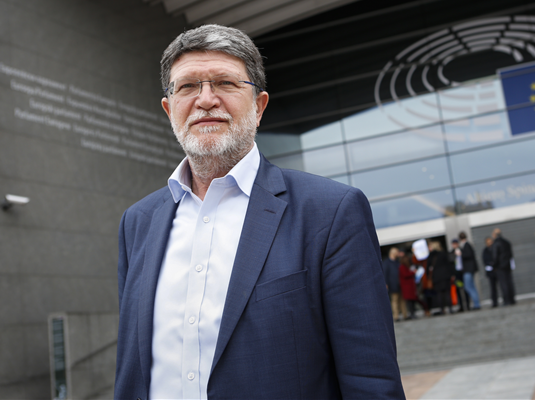The pompous Italian declaration of victory "in the fight against Prošek" turned out to be, as the Office of Tonino Picula had warned, premature and misguided. Earlier this year, the Committee on Agriculture of the European Parliament adopted positions on the new regulation regulating geographical indications. Italian MEPs then irresponsibly, favoring nationalist rhetoric over responsible policy, tendentiously concluded that "Prosecco was defended from Croatian encroachments."
However, this evening, the Committee on Agriculture (AGRI) adopted the final proposal of the aforementioned Regulation, which was agreed upon by the Commission, Council, and Parliament, in which Article 30 defines the conditions under which homonymous geographical indications can be protected, with 39 votes in favor and 9 against. The new Regulation will introduce relatively few changes to the existing rules on the protection of homonyms. Contrary to Italian announcements, the proposal for the new regulation clearly indicated that homonyms can be protected provided that there is a clear difference in long-term local use of the product and that consumers are not misled about the true identity of the product.
The Italian proposal to ban the protection of all products that even slightly "suggest another product" was not accepted. This means that nothing significant has changed in relation to the old Regulation and that the fate of Prošek is still in the hands of abundant Croatian arguments. Both Prošek and Prosecco have a long tradition of production and consumption and are significantly different products. Prošek is syrupy, darker, and sweet wine, while Prosecco is sparkling, lighter, and dry wine. Prošek is mostly filled in half-liter bottles, while Prosecco in classic 0.75 elongated neck bottles (typical of all sparkling wines). Prošek is a dessert wine, and Prosecco is an aperitif, which is why they are always found on opposite sides in restaurant menus and on store shelves. Prošek is more expensive wine and is produced in significantly smaller quantities compared to Prosecco, which is an industry unto itself even in the rich world of Italian wines. In short, there are clear differences in local production and use, and there is no risk that the average European consumer will be confused and instead of a light and cheaper sparkling wine, buy a darker and more expensive dessert wine.
After the conclusion of the vote, MEP Picula, who is a substitute member in AGRI, stated: "It is not surprising that the negotiations between the three institutions resulted in a reasonable and balanced proposal. I regret that Italian colleagues continuously and unnecessarily raise tensions and strain Croatian-Italian relations for the needs of domestic Italian politics even in a situation where many Italian producers recognize that Prošek is not seen as a competition. The differences between Croatian Prošek and Italian Prosecco are not clear, perhaps, only to those who consume too much of one, the other, or both products." The protection of Croatian Prošek has been in the procedure for some time, and it is speculated that the Commission is waiting for the adoption of the new Regulation to make a decision on Croatian dessert wine.
The story around Prošek, therefore, is not yet over. After the Committee on Agriculture adopted the final proposal of the Regulation this evening, it is expected that the proposal will be presented at the plenary session as early as January or February, and then we can expect the Commission's decision on Prošek. Judging by the agreement of the three EU institutions on the Regulation, the key, as before, will be Croatian arguments about the long tradition and uniqueness of Prošek.
"We have long defined arguments in favor of Prošek and must continuously and coolly repeat them, just the opposite of the Italian approach. I have previously written to the Commission, talked with Commissioner Wojciechowski, spoken in Croatian and Italian media, and organized a blind tasting of Prošek and Prosecco on Zagreb's Flower Square. These are activities that we must continue together with our winemakers whose centuries-old tradition and production we support and protect," Picula concluded.


